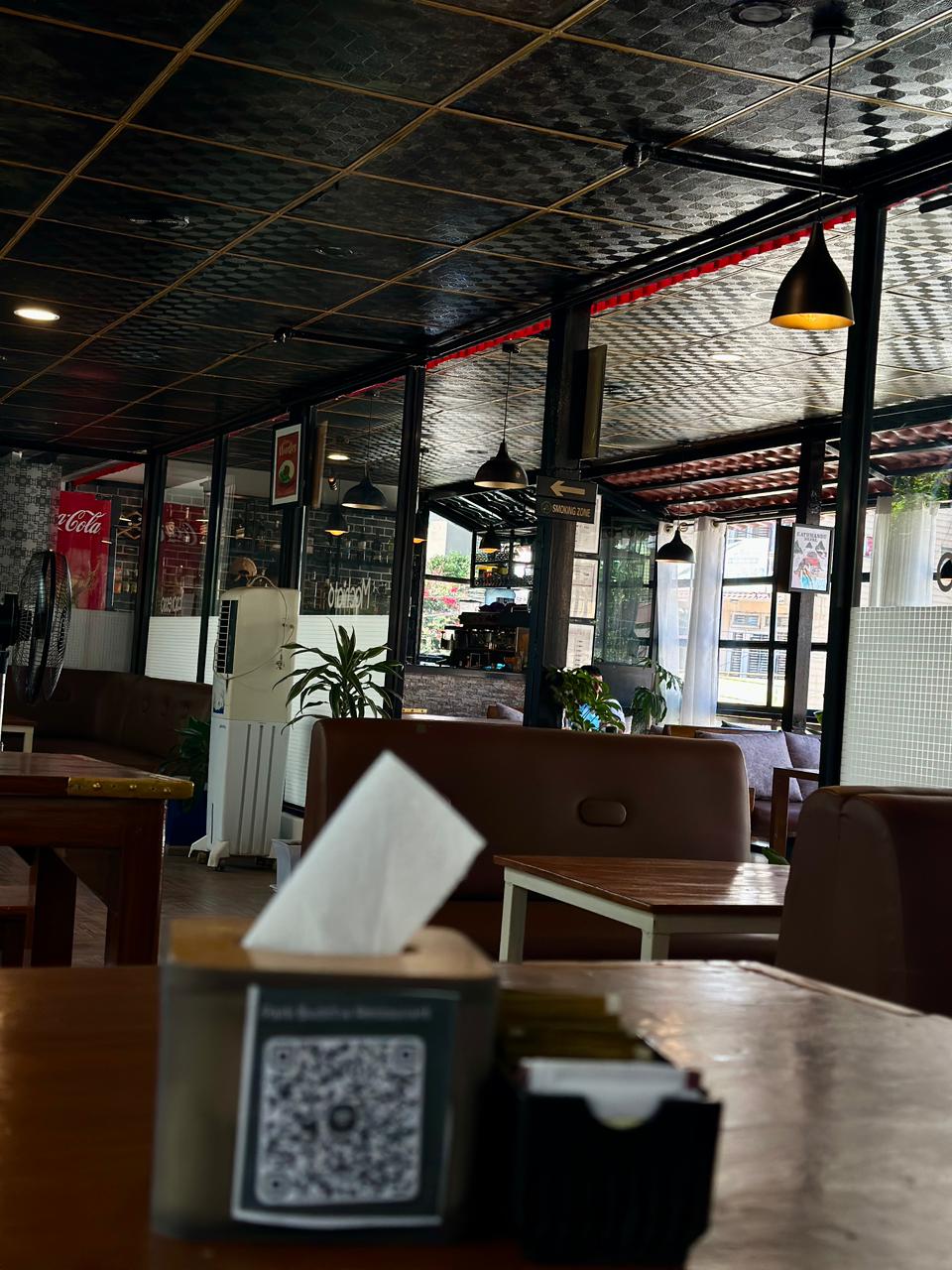- Swoyambhu, Kathmandu 44600
- Daily : 10 AM–10 PM
Tamang Flavors: A Culinary Journey Through the Hills of Nepal
The Tamang community, one of Nepal’s oldest ethnic groups, has a rich cultural and culinary heritage. Known for their resilience and traditions rooted in the hills, the Tamang people have created food that is hearty, flavorful, and reflective of mountain life. At Tamu Thakali Ghar, we honor this heritage by serving traditional Tamang dishes that bring you closer to the essence of rural Nepal.
”
The Tamang community, one of Nepal’s oldest ethnic groups, has a rich cultural and culinary heritage. Known for their resilience and traditions rooted in the hills, the Tamang people have created food that is hearty, flavorful, and reflective of mountain life. At Tamu Thakali Ghar, we honor this heritage by serving traditional Tamang dishes that bring you closer to the essence of rural Nepal.
Who Are the Tamangs?
The Tamangs primarily live in the hilly regions north of Kathmandu, spreading across districts like Rasuwa, Nuwakot, Dhading, and Sindhupalchok. Their culture blends Tibetan and Nepali influences, and this mix is beautifully reflected in their food.
Staples of Tamang Cuisine
Tamang food relies heavily on grains, vegetables, and locally raised meat. Some of the staples include:
-
Millet (kodo) – used for bread, porridge, and drinks.
-
Buckwheat – made into pancakes and rotis.
-
Potatoes – a key ingredient in highland cooking.
-
Meat dishes – especially pork, chicken, and yak in higher regions.
-
Fermented foods – such as gundruk (fermented greens) and sinki (fermented radish).
The Famous Tamang Delicacies
-
Tongba (Millet Beer) – a traditional alcoholic drink, warm and earthy.
-
Sel Roti & Aloo – crispy rice doughnut paired with spiced potato curry.
-
Yangben – a rare dish made with wild edible lichen, cooked with meat.
-
Dheedo – a thick porridge made from millet or buckwheat, eaten with curry.
Influence of Tibetan Food
The Tamang are historically connected with Tibet, which is why dishes like thukpa (noodle soup) and momo (dumplings) are also part of their cuisine. These dishes are hearty and perfect for the colder climates of the hills.
Cooking Style of Tamang People
Tamang cooking is simple yet flavorful. They rely on wood-fire stoves, stone grinders, and natural fermentation methods. This gives their food a rustic, earthy flavor that modern kitchens can rarely replicate.
Tamu Thakali Ghar’s Tamang Specials
Our restaurant preserves the soul of Tamang food by offering:
-
Traditional Tamang curries cooked with local spices.
-
Millet-based dishes served with homemade pickles.
-
Seasonal specialties prepared according to Tamang recipes.
Cultural Significance of Tamang Food
Food is central to Tamang festivals and rituals. During Lhosar (New Year), families prepare special dishes to celebrate togetherness. Meals are shared communally, emphasizing unity and hospitality.
